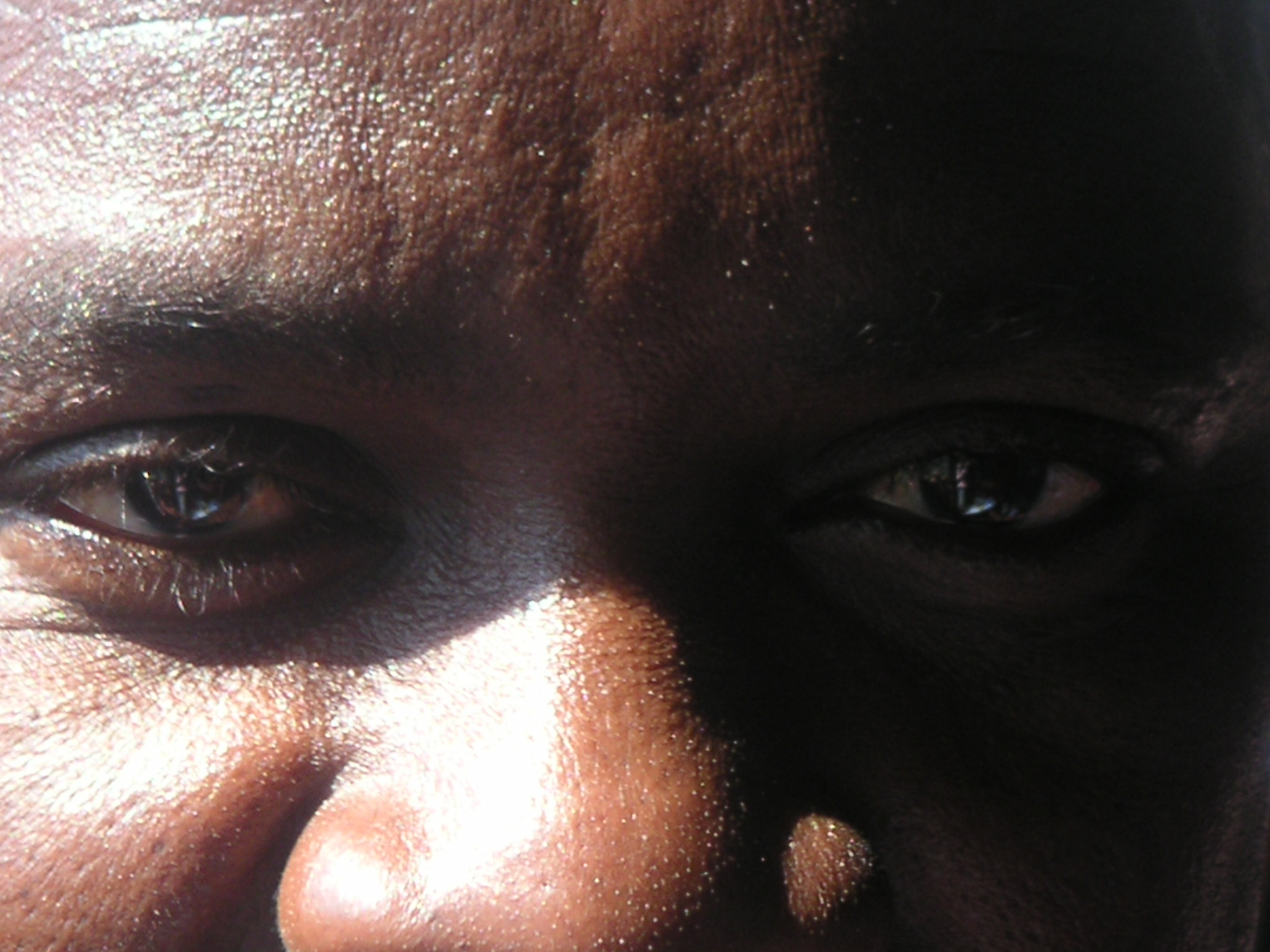
A former great colonial power like France has many important cultures and subcultures to thank for in the emergence of what France is today in every aspects. Language is one of them.
Even if on national television, what we mostly hear is Parisian French, it wasn’t always this way.
There was a standard version of French used by people in media which was understandable anywhere in France. Parisian French has replaced that language in all the public spaces whether it is on social media or elsewhere. Parisian French has evolved over the last fifty years or so, heavily influenced by the various waves of immigration and the diverse languages and cultures that came with it.
There’s Parisian French (standard contemporary) and then there’s Parisian slang, which is something else altoghether. Even French speakers fluent in the Parisian variant of French may find themselves at loss when addressed in Parisian slang.
As a whole, the use of standard French (modern,not contemporary, not Parisian) in continental France and in the oversea territories has turned into an elitist practice, since it requires that the speaker respects an impressive number of grammar rules while they use a very specific brand of vocabulary seldom mastered nowadays by the masses outside certain circles.
You will find some politicians, some executives or other people whose higher education years have been spent in the care of highly skilled professors who will still be using that variant of French in speech as well as in writing.
Mostly, the rest of the continental population will be using a language resembling contemporary Parisian French with a few regional variations here and there.
Some French Variants from France
-
French Eastern (Lorraine)
-
French Eastern (Alsace)
-
French Parisian standard (older generation/70s-90s)
-
French Caribbean (Martinique)
-
French Parisian standard (2000s- to present)
In the Caribbean, the variant used remains closer to standard French even if it’s laced with what we like to call “creolisms”. Still, you may find standard French (modern) in books or in the film productions when a period piece is being considered.
*The above-mentioned variants of French are mostly mutually intelligible. However, some vocabulary which exists in one variant may not have an equivalent in another variant because the concepts behind the words in question may be specific to that regional culture or to a specific sub-culture… Which is why you need to assess the potential cultural aspect of your source text before approaching a translator with a similar cultural background as the dominant one permeating your text.



